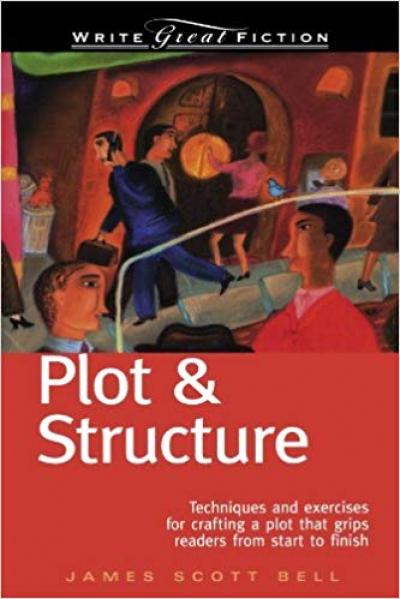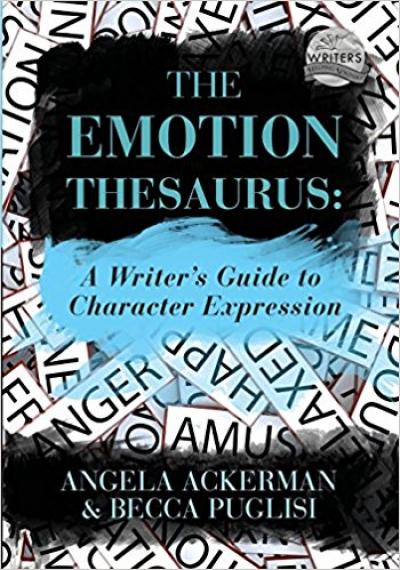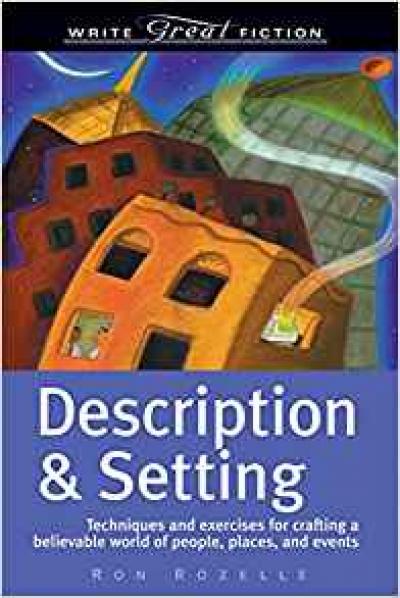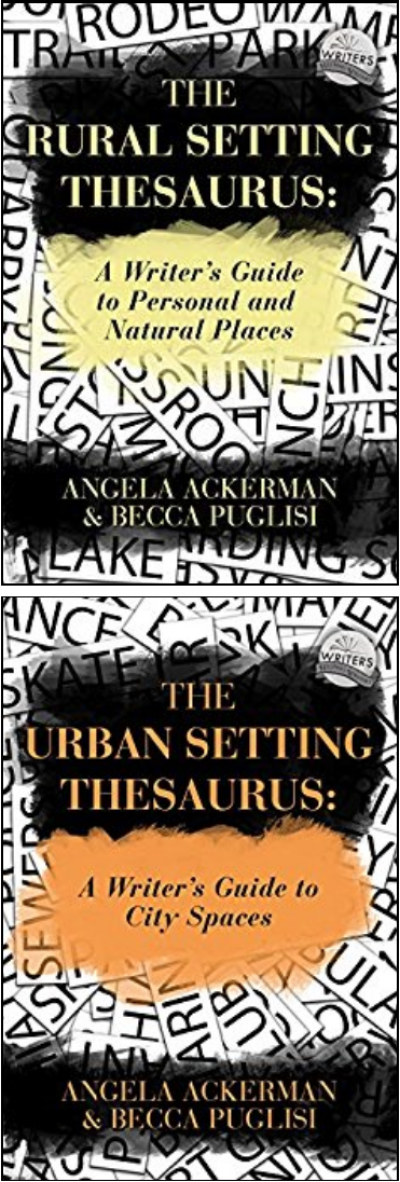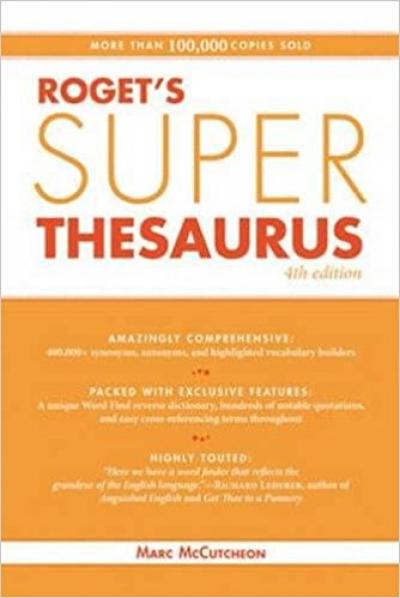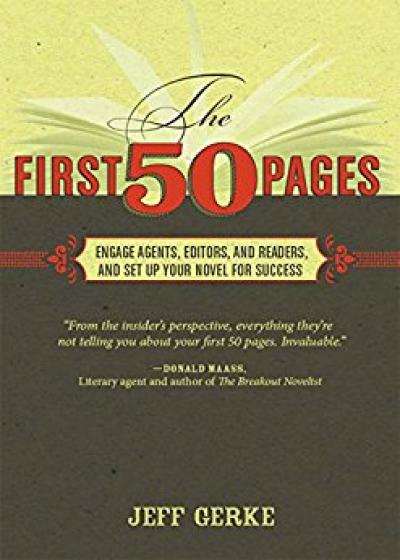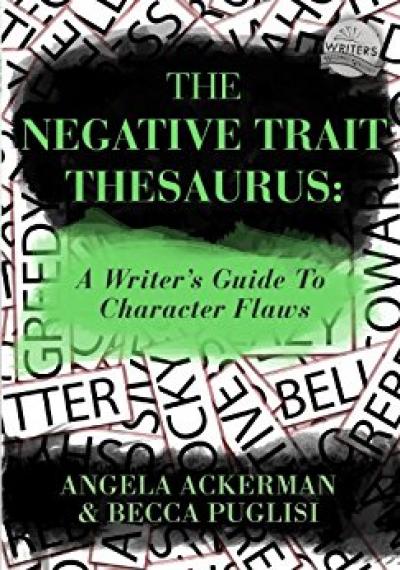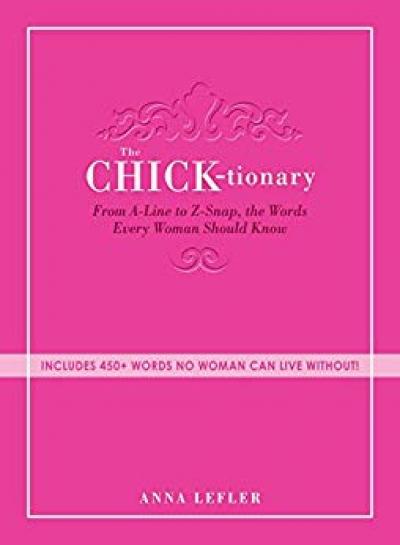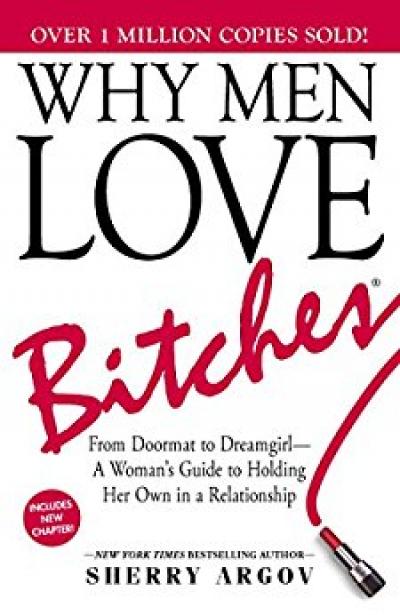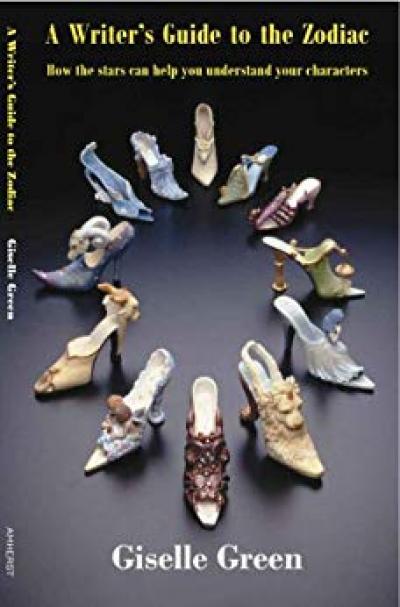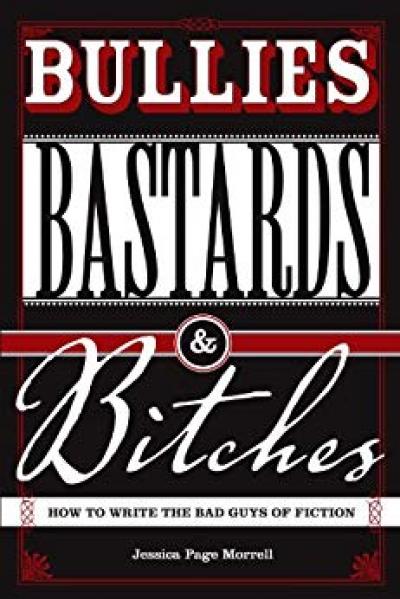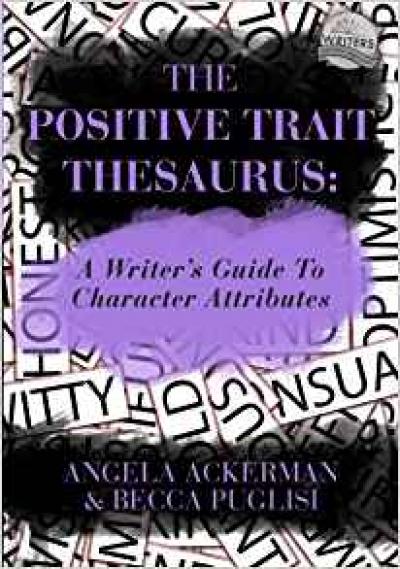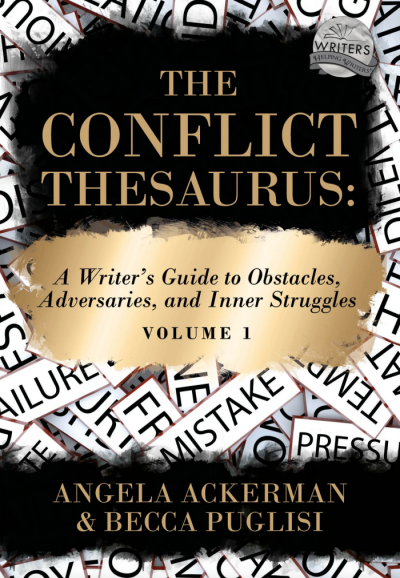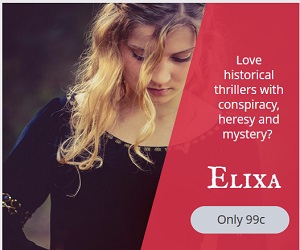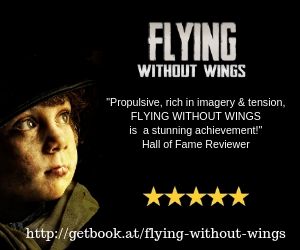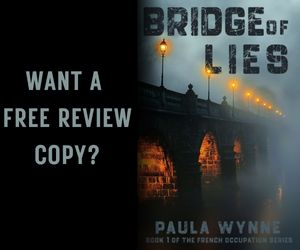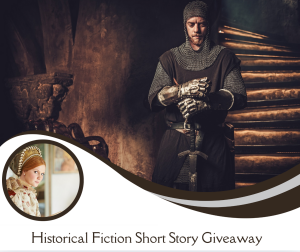The Conflict Thesaurus V1 & V2
Wow! I have always loved the Thesaurus range of writing guides by Angela Ackerman and Becca Puglisi, so when I opened my latest writing guide, The Conflict Thesaurus V1, I was bowled over.
Firstly, the authors explain what conflict is and why it is needed in every story, and conflict’s role in storytelling and shaping the plot. Think of ‘conflict’ as a character who creates havoc in so many ways. When you have read and absorbed the essence of “Conflict” and what it means to your story, the authors go on to explain the different levels of conflict, with examples from popular stories.
Don’t think it stops there, and you can sail smoothly into the thesaurus itself. No, conflict is a deep subject, and rightly so.
Different Conflict Levels
You will now learn how to connect the different levels of conflict. Then, there are conflict categories, such as dangers and threats.
Okay, that seems obvious, but also consider that there are ego-related conflicts, loss of control conflicts, losing an advantage conflict, power struggle conflicts and miscellaneous challenges. At this point, you should be getting an inkling of the vast number of conflict scenarios your character could face over the course of a story. As things progress and the protagonist's difficulties compound, there's always a risk of the central conflict getting muted or lost in the noise.
Too much conflict, or certain problems getting a disproportionate chunk of airtime, can lead to pacing issues or confused readers who don't know what the character is working toward. Keeping the core plot and central conflict as your main focus is the best way to ensure that everything you put in place is building toward that eventual climax.
Conflict Empowers Your Stories
You then go on to learn how conflict is important in several elements of your story, such as the character arc and sub-plots, both of which are explained in great depth for writers (new and established writers) to really grab the subject of conflict by the collar and ensure they get to grips with it to use in their stories.
A subject which I love and think many authors and writers will find very useful is ‘how conflict’s golden thread powers the story’ and this is explained this way:
Conflict has a unique superpower: it impacts both plot and arc, and in doing so, becomes the golden thread that weaves the two together. (End quote)
Angela Ackerman and Becca Puglisi go on to explain… You’ll find it all throughout story structure; for example, without conflict, there’s no Inciting Incident to push the character to leave behind their ordinary world for the new one. And unless he’s relentlessly pummelled and buffeted by adversaries and problems, he wouldn't hit rock bottom and there would be no All is Lost moment.
The Dark Night of the Soul is where he reflects on his journey through conflict’s fire, and then doubles down to make a push for change. And the Climax, well, that’s the ultimate point of friction—an outer clash where he wins or loses based on how well he’s resolved any inner struggles.
Conflict’s imprint is found everywhere—throughout the plot, arc, and beyond. Let’s look at some of the ways meaningful opposition and challenges can improve your story.
The authors drill down into how conflict aids in character development, how conflict builds up or tears down self-esteem, conflict heightens the character’s values and beliefs, conflict can provide a window into the past, conflict can reveal a character’s misbeliefs, conflict can give readers an opportunity to reflect, conflict aids tension, conflict generates emotion, and the vital end to this section comes in how conflict pushes your story forward.
Established authors can easily become lazy in the hurried life of publishing books. This section just mentioned is vital for authors who have been around the block a few times to go back and re-teach themselves how crucial conflict is to EVERY part of your story.
Ramp Up Your Conflict
Now the authors explain different ways to AMP up the conflict in your story with many, many ideas, suggestions, and inspiring routes to set your conflict on fire. Also included is creating powerful clashes with your villain. Please note that, at this point from when you opened the book, there is still no sign of the thesaurus yet. All this solid learning about conflict is not something you should skip over in your haste to get to the conflict listings.
Now, we get to how conflict affects the climax of your story. As the last big moment of your character's story, it's a memorable one, so it's vital that you make it as strong and as compelling as possible.
To help writers accomplish this, the authors also give you appendix references at the back of the Conflict Thesaurus, which contains a handy checklist of common problems in the climax and how to address them. Think… resolving the story’s climax too soon, the scene that never ends, your ending being too predictable and more.
Don't Forget Relationship Conflicts
Next, comes relationship conflicts and common conflict conundrums, and only then do you get to the thesaurus listings.
Let me tell you, I review hundreds of writing books and this Conflict Thesaurus is the most compact, in-depth discussion on the all-important subject of conflict that I have ever come across. And this is only Volume 1 - there is another volume to read after this one!
The Conflict Thesaurus itself has so many different aspects of conflict that face us each day in our daily lives that there are many listings that you won’t even think of when you are delving into your brain to find conflicted situations in which to place your characters.
List Of Conflict Details
You know the trouble that is coming your character’s way, so you only need to browse through the long, long, long list of conflict situations and then jump to find great details such as:
- Examples of that particular conflict
- Minor complications
- Potentially disastrous results
- Resulting emotions
- Possible internal struggles
- Negative traits that may worsen the situation
- The impact that the conflict will have on basic human needs
- Positive traits that may help the character through this particular conflict
- Positive outcomes.
All this is shown for every single conflict listed in the Conflict Thesaurus.
Above, I said it was the most comprehensive guide on conflict, well, now I reinforce that statement and add that it's the most complex writing guide on story conflicts.
Every author who is serious about their writing really need to consider the Conflict Thesaurus, and in fact the entire Thesaurus collection that Angela and Becca have written and published.
The biggest problem you will have with the two Thesaurus: Deciding which one to buy!
I’d say, buy both…


